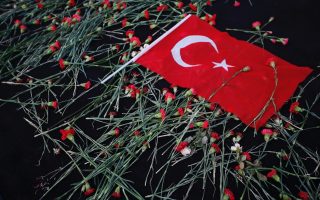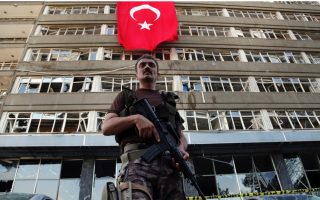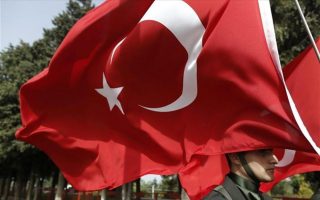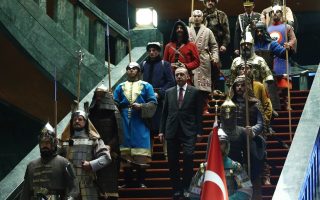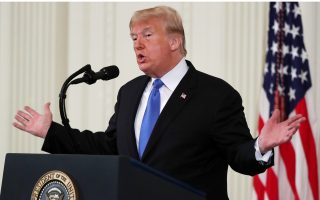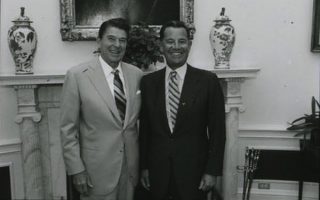A Turkish-Russian rapprochement
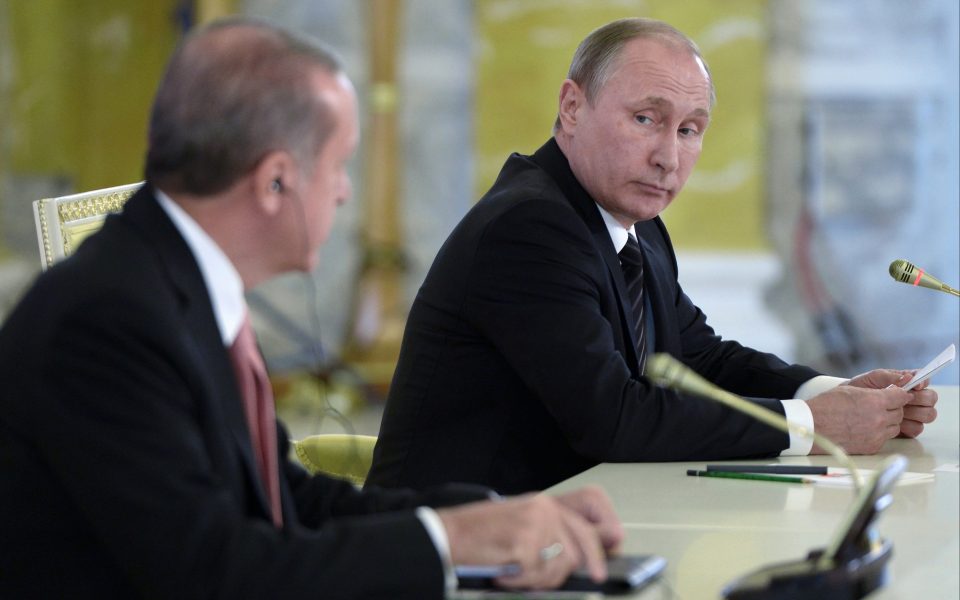
The impressive amelioration of Turkish-Russian economic ties that was decided in Saint Petersburg during a meeting of the countries’ presidents, Recep Tayyip Erdogan and Vladimir Putin, came as no surprise.
In the past, Turkish businessmen managed to sign major contracts with the former Soviet Union with the vigorous support of Ankara administrations each time.
Whatever differences the two countries may have had on a political level did not interfere when it came to business.
The most substantial development to emerge from the Putin-Erdogan meeting was the decision to create a joint mechanism to deal with the Syrian crisis, aimed at coordinating action in the military and intelligence fields as well as diplomacy.
This development is of particular importance, as it clearly suggests that, in matters of regional security, Ankara believes the choices of its traditional allies are incompatible with – at least at this point in time – if not directly undermining the country’s national interests.
On the same day that the aforementioned meeting was taking place in Russia, NATO’s spokesperson steered clear of stern warnings made by Europeans regarding a pause in Ankara’s succession negotiations if the country failed to toe the EU line, stating that there was no issue regarding Turkey’s NATO membership, adding that the country could count on the alliance’s support.
The problem probably is that this support does not apply to issues which Ankara considers to be of prime importance. Regarding this issue, Turkish Foreign Minister Mevlut Cavusoglu noted Wednesday that Turkey was obliged to reinforce collaboration with other countries concerning issues of defense given that NATO had “disappointed” the country.
Of course Cavusoglu was also swift to note that the recent collaboration with Russia should not be viewed as a move against NATO. There is no doubt that Erdogan and his government are utilizing the country’s geostrategic value in an attempt to manage a readjustment of some of the West’s policy which threatens Turkey’s integrity. In other words, this is about exercising a classic form of diplomacy.
No one can predict how things will develop following the failed coup in Turkey. What emerges from a first reading is that the US – to the extent one can reach a conclusion based on NATO’s position – is not willing to mimic the Europeans, who are looking for ways to deter Turkey from entering their club. Washington is aiming for Turkey to remain a member of the West’s defense system – thank God, as far as Greece is concerned.
